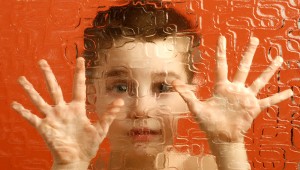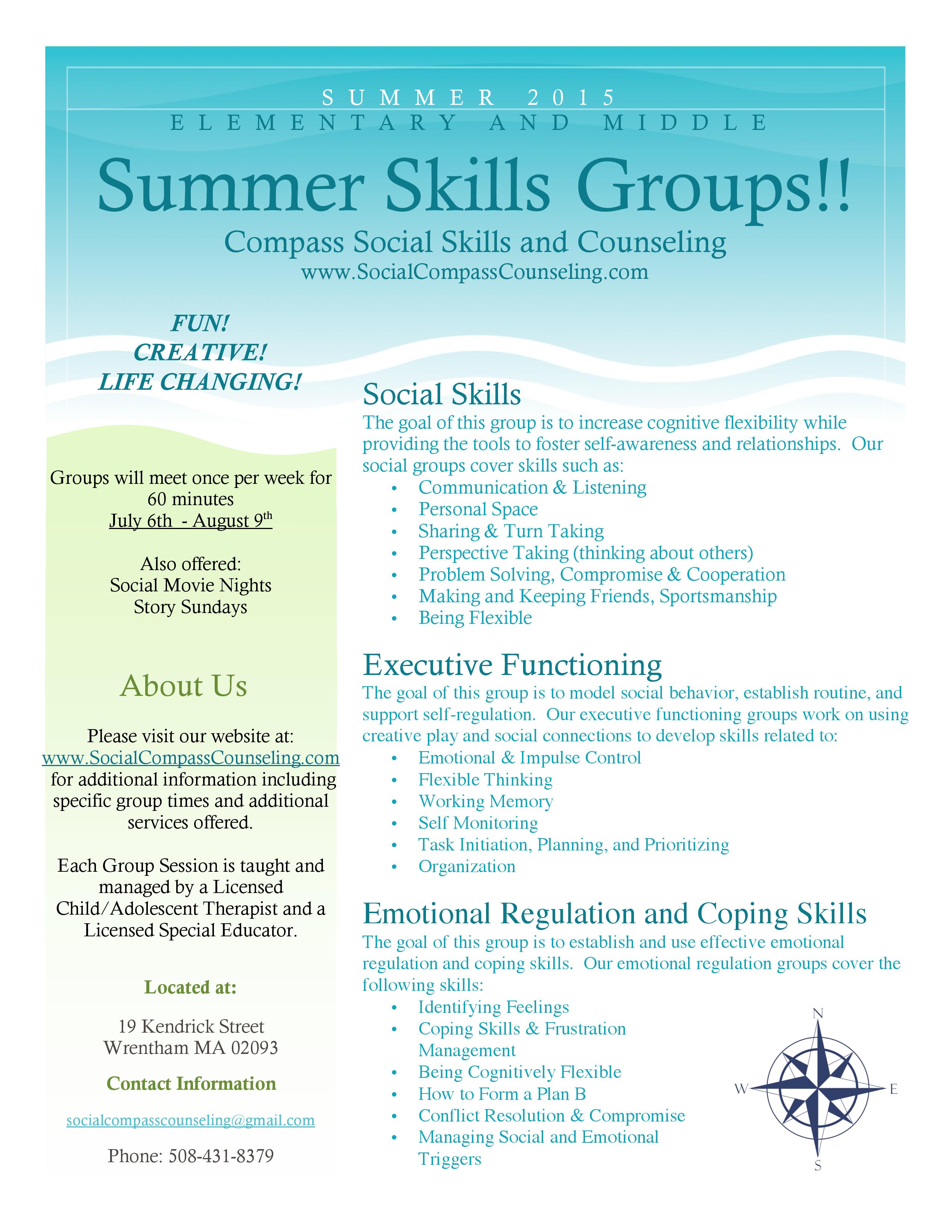How well your children use social skills, determines how well they function in society. Raising social intelligence lets kids interact with friends, family, and teachers. By knowing how to communicate and behave around others, they can connect with people. And all kids deserve the same chance at achieving social happiness. Kids with Autism Spectrum Disorder (ASD), Down syndrome, Social Anxiety, Attention Deficit Disorder (ADD), just need a little bit more patience.
Teach your kids to treat others, the same way they would want others to treat them. When kids adopt positive social values, people will feel good around them. To achieve this, be smart about how you teach your kids to be social intelligent.
During childhood, kids look to parents for guidance. But, what kids never tell you is they also observe your every action, and learn from it. How you conduct yourself in everyday situations can influence your child’s social intelligence. Teaching kids social skills can be as simple as being well-mannered yourself. By being exposed to this, kids will reflect your character traits as their own. They will become thoughtful, respectful, and polite to others. It is also important to express those values when interacting with your child. This is especially true for kids suffering from autism and social anxiety. By exposing them to constructive behavior, kids will learn to overcome personal setbacks with positive social values.
Play to Learn
Play games to help your kids develop complex social skills. This can be a great informal learning method, which can benefit kids’ with ADD. A familiar activity can help with abstract notions of personal space, and non-verbal communication. Role playing is a great way of teaching kids how to act in various situations. They will become socially polite, and learn how to read body language. Create cue cards, to help kids learn how to read facial expressions through reenactment. While kids with autism and social phobia can practice maintaining eye-contact with a simple staring game.
Communication
How well you communicate with your child, reflects how well they interact with others. Use positive reinforcement, to encourage kids to engage in conversation. This reflects your affection and interest, teaching them to be comfortable when expressing ideas. You should also listen to your kids when they talk. Knowing to contribute to a conversation, will create an air of confidence around them. But, they need to listen as well. This can be hard for children with Down syndrome and ADD. So, let them initiate the conversation, and then speak your mind to keep their focus. When addressing bad behavior, always use assertiveness to convey your point. Assertive communication will divert their actions from bad to good, without bruising their self-confidence. And when they learn to use it, they will be able to successfully manage conflict situations.
Throw a Party
Parties play a significant role in rewarding children’s milestone achievements.
But, they also provide the perfect opportunity for improving social skills. Children have a chance to practice what they have learned, while having fun with friends. Parties are also the perfect place to meet people, and create new friendships. With everyone celebrating your child, parties can also boost their self-confidence in public appearances. Thus, parties can have a positive effect on children suffering from autism, depression, and social anxiety. Arrange a costumed superhero party as a way of overcoming psychological barriers. By adopting the role of their favorite superhero, socially impaired kids can neutralize differences, and defeat their fears.
Take a Step Back
Taking a step back may be hard, but sometimes it is the only way your children can learn. Letting kids experience social interaction first hand allows them to discover how things work. They will rely on themselves to experiment, refine, and implement the skills they gained. It will be a chance to build their self-image, and find ways to connect with people. They will learn to overcome the fear of rejection, and to cope with setbacks. A thicker skin will let them search for social acceptance, and affection they receive from you. And when they realize their full potential, kids can achieve social happiness.
In learning to accept themselves, they can overcome any personal difficulty. Using social skills intelligently, will allow them to find people who appreciate them. In doing so, they can achieve love, happiness, and friendship throughout their life.
About author:
Tracey Clayton is a full time mom of three girls. She loves cooking, baking, sewing, spending quality time with her daughters and she’s passionate for writing. Her motto is: “Live the life you love, love the life you live.”




